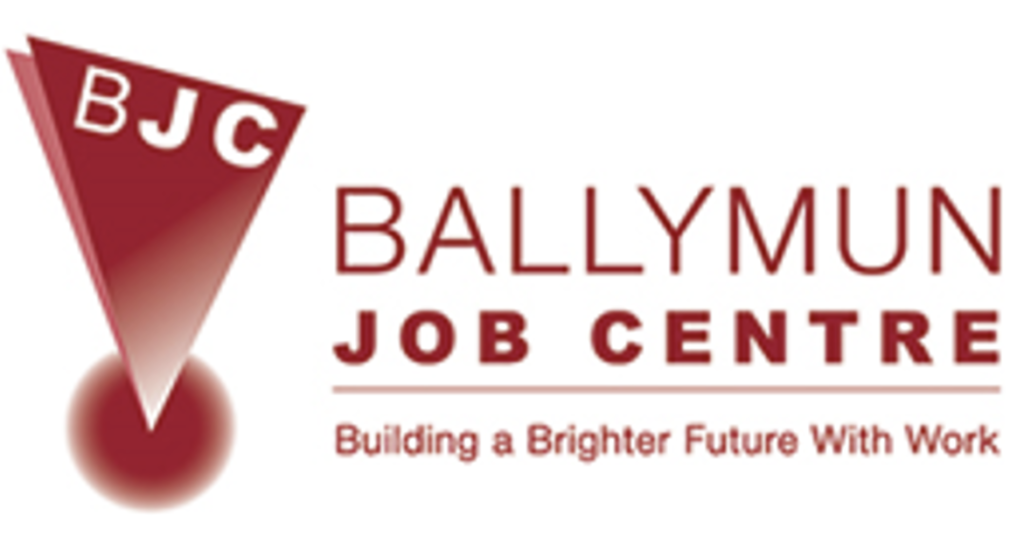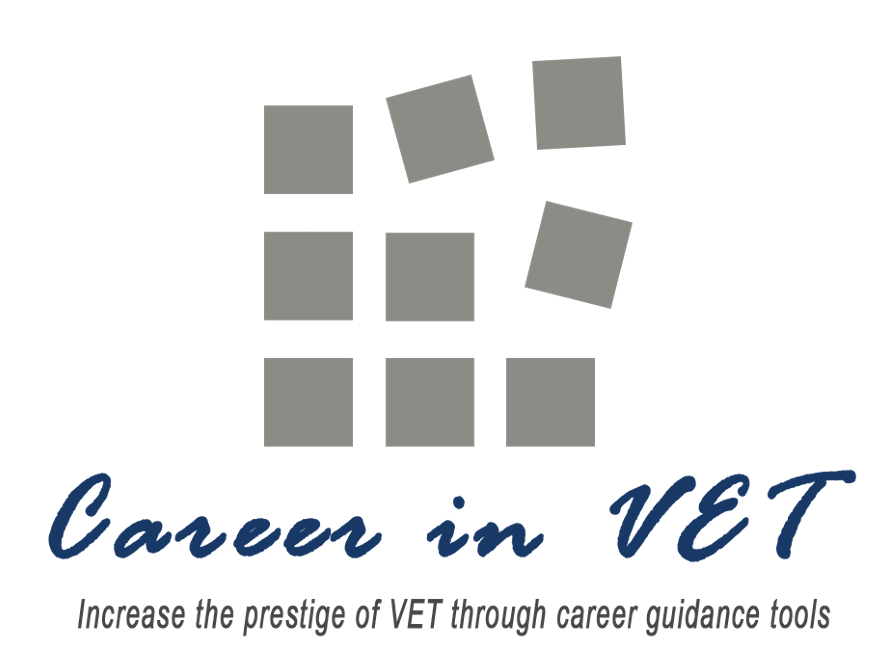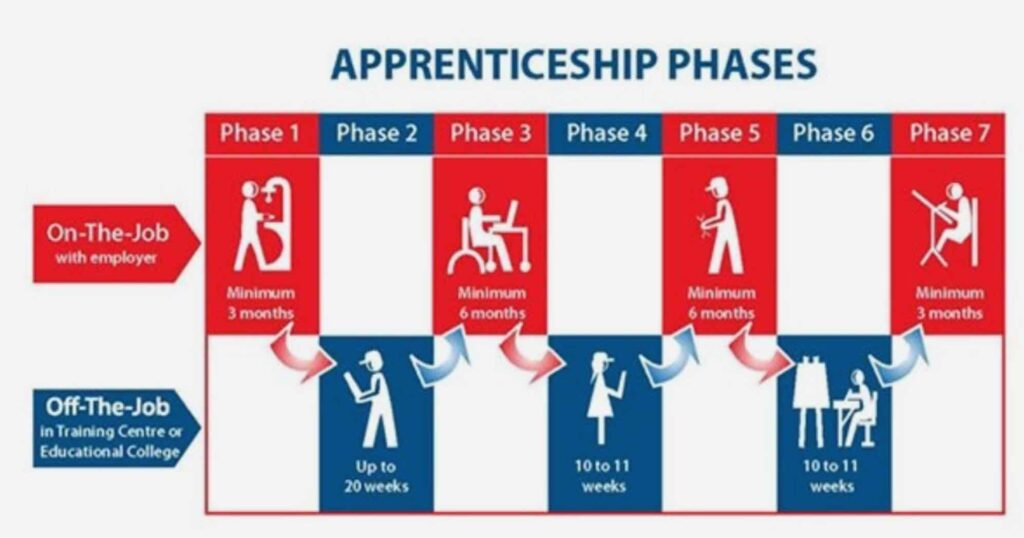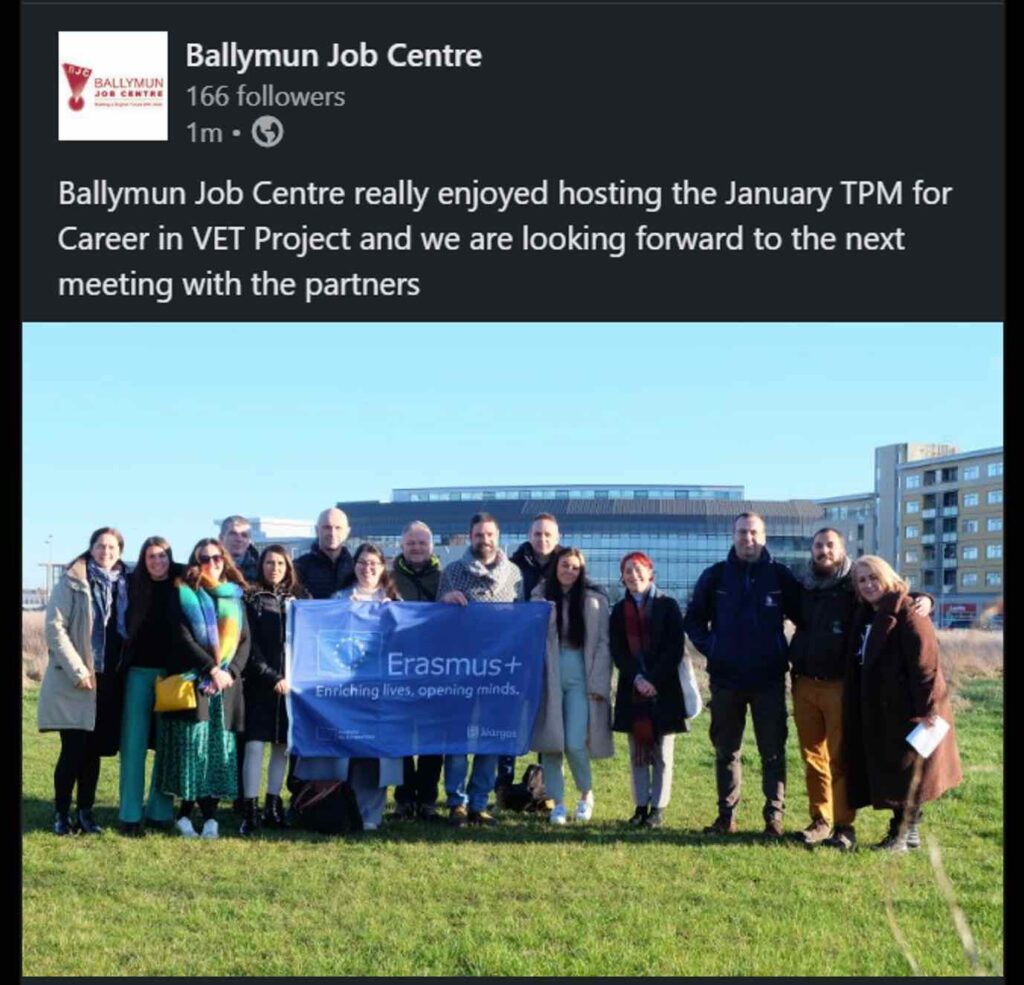4th Meeting: Career in VET 19th – 20th January 2023 – Summary
Dublin, Ballymun Job Centre


Day 1:
Mick Creedon the CEO of the Ballymun Job Centre (BJC) gave a presentation to the group on the BJC’s history and the services it provides to the community to provide individuals with greater labour market choice and the opportunity to improve their employability, increase their earnings and reduce their vulnerability to poverty. He also gave a brief overview of the Ballymun area and gave figures from the Central Statistics Office, Ireland which gave an insight into the national unemployment figures compared to the unemployment figures in the Ballymun area which is considered a disadvantaged area.
The group then took a tour of the Finglas Training Centre to give the partners an insight into the Vocational Educational and Training system in Ireland. Ballymun Job Centre works closely with the college, this can be by means of referrals to their courses and the college’s collaboration with INVEST, a program ran by BJC and funded by JP Morgan. In the training centre the host brought the group to various classes – plumbing, carpentry, electric, multimedia and IT. Information was presented to the group regarding how VET is carried out in Ireland. For example, trade apprenticeships in Ireland require each individual to find an employer to support them through the phases of their apprenticeship. The Finglas Training Centre accommodates the third phase of apprenticeship for training apprentices in Ireland and booklets were provided to each partner to give a description of the phases of an apprenticeship (see figure 1 below).

A VET trainer from different trades/apprenticeships explained what activities took place within the college during phase three of that particular trade and allowed time for questions and answers. The group was introduced to students which also gave the group the opportunity to ask them questions regarding their trade and the teachings of their current phase. The host introduced us to tutors involved in the INVEST project ran by the Ballymun Job Centre, the tutors explained their role within the project, teaching basic computer studies to the participants of the course and offering employment support towards the end of the program.
The second half of the day took place in the Reco Central Youth Facility. The group had a round table discussion joined by staff from the Ballymun Job Centre, they presented an overview of the types of services that the BJC offers its clients. Jennifer, the Guidance Service Coordinator gave a description of our high support service and the Ballyrunners programme (Programme Ballyrunners).
The main objective of the high support service is to assist individuals with a history of drug and/or alcohol misuse to access employment supports, vocation educational and training supports, prison and community links, and career guidance. The Ballyrunners is a high support, low threshold skills-based programme that aims to positively engage participants in constructive activities and change their attitudes and behaviours. It is specifically designed for early school leavers that are far removed from the labour market and that may have addiction issues or criminal history.

Elaine, Guidance Practitioner and one of the facilitators of the INVEST programme coordinated by the BJC gave a description of the program by explaining how it is a J.P. Morgan-supported accredited programme for people interested in exploring new apprenticeships, further education programmes and employment opportunities in the IT and services sectors while developing IT skills and soft skills that are transferrable to any career. The course is delivered in a creative, project-based format with students engaging in group work and developing individual portfolios. Career guidance is integrated throughout the course.
Martina, the project coordinator of the WEE (Work Experience Enterprise) gave a short description of the WEE project that she is currently running that is supported by JP Morgan, Dublin City Council and Department of Social Protection. The project is an innovative IT Work Experience Enterprise , which provides individuals from disadvantaged communities in Dublin the opportunity to gain hands on experience in a simulated IT work environment. The participants engage in the WEE simulated work environment for up to four months. In addition to working on an IT project, the participants undertake modules to enhance their soft and hard skills. The WEE project offers participants the opportunity to demonstrate their abilities and interests while fostering and developing the pathway to a career in the IT sector.
DAY 2:
During the morning of day two, Tomás, the Innovation project manager at the BJC gave a presentation to the group regarding the various other projects the Ballymun Job Centre coordinate as both the lead and partner organisation. The projects covered are primarily funded under the Erasmus+ funding programme and more broadly the European Union.
Projects discussed included :
Digital Empow(H)er – Digital EmpowHer focuses on the inclusion challenges of low skilled women from disadvantaged backgrounds within the labour market. The proposal aims to:
1. Develop an adult guidance framework to empower women in the digital sector, validate and integrate it in guidance services.
2. Equip guidance practitioners to identify relevant digital competences and address digital literacy needs.
3. Upskill and implement innovative approaches to support women to access learning and work opportunities.
A project website coming soon.
DigiCult – Digicult offers an innovative e-learning pathway, based on digital tools and focused on cultural heritage, with the aim of developing disciplinary, key and life skills among two main target groups: Young Learners, to increase their knowledge and enhance their performance with digital tools to become more resilient within the modern labour market and increase their European culture and environmental awareness. Trainers, experience innovative teaching approaches to integrate digital delivery, foreign languages and best practice from partner countries. That will have a positive impact on the VET responsiveness to labour market needs for recovery and reconstruction in a post-pandemic context. For further information the project website.
CareerBot – Seeks to improve Digital Readiness of the Career Guidance sector by implementing CareerBot methodology and tool, facilitating blended guidance sessions and to use customized Labour Market Information (LMI) to empower marginalized job seekers. The aim is to assist career guidance practitioner and their organisations on the path to digitalisation so that they can advise their clients in the best possible way. (Further information.)
GeGs – The GeGS project aims to respond to the emerging need for the modernisation of Information, Advice and Guidance (IAG) and Vocational Education and Training (VET) sectors across Europe, offering professional digital trainings and AI-based tools for e-guidance.
Digiguide – Information, Advice and Guidance (IAG) and Career Guidance is critical to the effective functioning ofVocational Education and Training VET. IAG relevance and quality are critical to ensure that pupils, learners and trainees are equipped to manage transitions in the labour market – with strong consequences on VET systems’ commitment to equity and social inclusion. Digitalisation affect the labour market and its impact is felt also in provision of all aspects of VET (CEDEFOP, DigitalGap during Covid-19 for VET learners at risk in Europe, 2020).
The Digiguide project builds upon the innovatory and transnational approach though predecessor projects Guide 2.0 (goodguidancestories) and Good Guidance Stories Plus, which have been exploring, testing and implementing innovations in the case study learning approach to competence development for improved IAG practice. (Website)
Eduwork – The Eduwork.Net project aims at building networks and partnerships of Vocational Education and Training (VET) providers and the world of work, at regional, national and European level.It builds capacity at grass roots level for the effective implementation of national and European policies for work-based learning, apprenticeships and supports VET providers to organise VET students’ mobilities abroad.
DYS – This project’s main priority is to foster the inclusion of VET learners with Specific Learning Disorders (SLD), also called ‘Dys’ disorders, in the job market through the creation of appropriate supporting tools, learning materials and training for them and their potential employers. The project aims to decrease barriers for young neurodivergent workers, with an emphasis on learning disorders (Dyslexia, Dyscalculia, Dyspraxia) Not necessarily people with Autistic Spectrum Disorders ASD. This project is aimed at young people from disadvantaged areas, VET learners and also HR managers who have implemented or are interested in neurodivergent inclusion in the workplace. The project website will follow soon.
After the presentation an open discussion was had between the partners bringing awareness to similar projects they are involved in. Some key topics identified included gender-based projects and projects developed to support individuals with intellectual disabilities or challenges.
